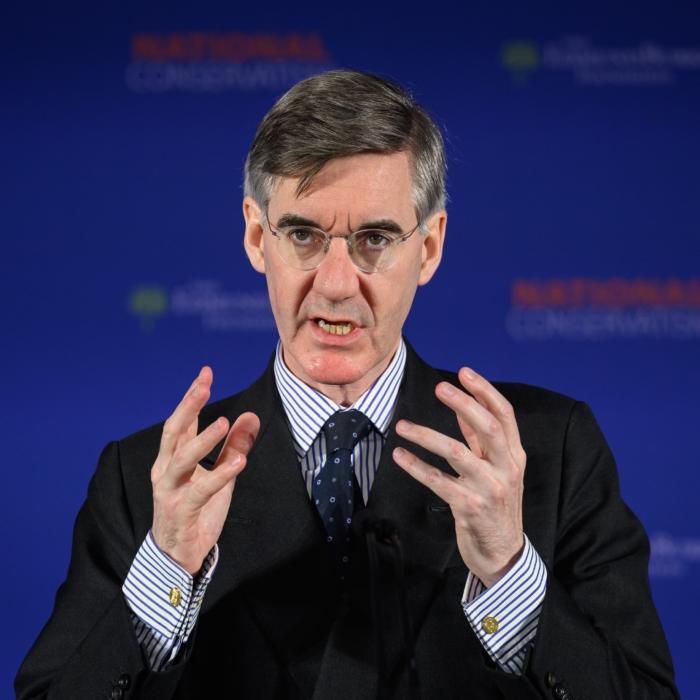Ofcom could sanction GB News after it concluded that the channel had broken impartiality rules.
The communications regulator received 547 complaints in February 2024 after an hour-long episode of the “People’s Forum” featuring Prime Minister Rishi Sunak in an open Q&A with members of a live audience.
Ofcom said “GB News failed to preserve due impartiality” and is in breach of the Broadcasting Code as it failed to take additional steps to mitigate compliance risks.
“We found that an appropriately wide range of significant viewpoints were not presented and given due weight in the People’s Forum: The Prime Minister, nor was due impartiality preserved through clearly linked and timely programmes. As a result, we consider that the Prime Minister had a mostly uncontested platform to promote the policies and performance of his Government in a period preceding a UK General Election,” Ofcom said.
In the video, GB News said that during the programme there were a string of contentious and often heated questions from members of the public directed at Mr. Sunak about his government’s Rwanda immigration policy, underfunding of social care, the housing shortage, the failures of the vaccine damage payment scheme, and more.
“The regulator’s threat to punish a news organisation with sanctions for enabling people to challenge their own Prime Minister strikes at the heart of democracy at a time when it could not be more vital.
“We cannot fathom how Ofcom can claim this programme lacked the ‘appropriately wide range of significant views’ required to uphold due impartiality. It did not.”
According to Ofcom’s “procedures for statutory sanctions,” repeated breaches are considered to be a “serious matter,” and Ofcom has the right to impose financial penalties, shorten or suspend licences, and in extreme situations revoke a licence.
Ofcom aims to complete its statutory sanction consideration within 60 working days, at which point GB News will be able to make written and oral submissions in appeal.
This is the 12th time GB News has been found to breach Ofcom’s rules since the company launched in 2021.
Another Ofcom decision found former Brexit Party MEP Martin Daubney in breach of Ofcom’s rules on impartiality. Mr. Daubney was standing in for Mr. Fox and gave his own opinions on immigration and asylum policy during a segment on small boats crossing the English Channel.
Ofcom said in relation to Mr. Daubney’s breach that programmes discussing “matters of major political controversy and current public policy” had “heightened impartiality requirements,” which the episode did not satisfy.
GB News maintained its program was in line with the Broadcasting Code and claimed that freedom of speech and freedom of the press is under-threat from the media watchdog.







